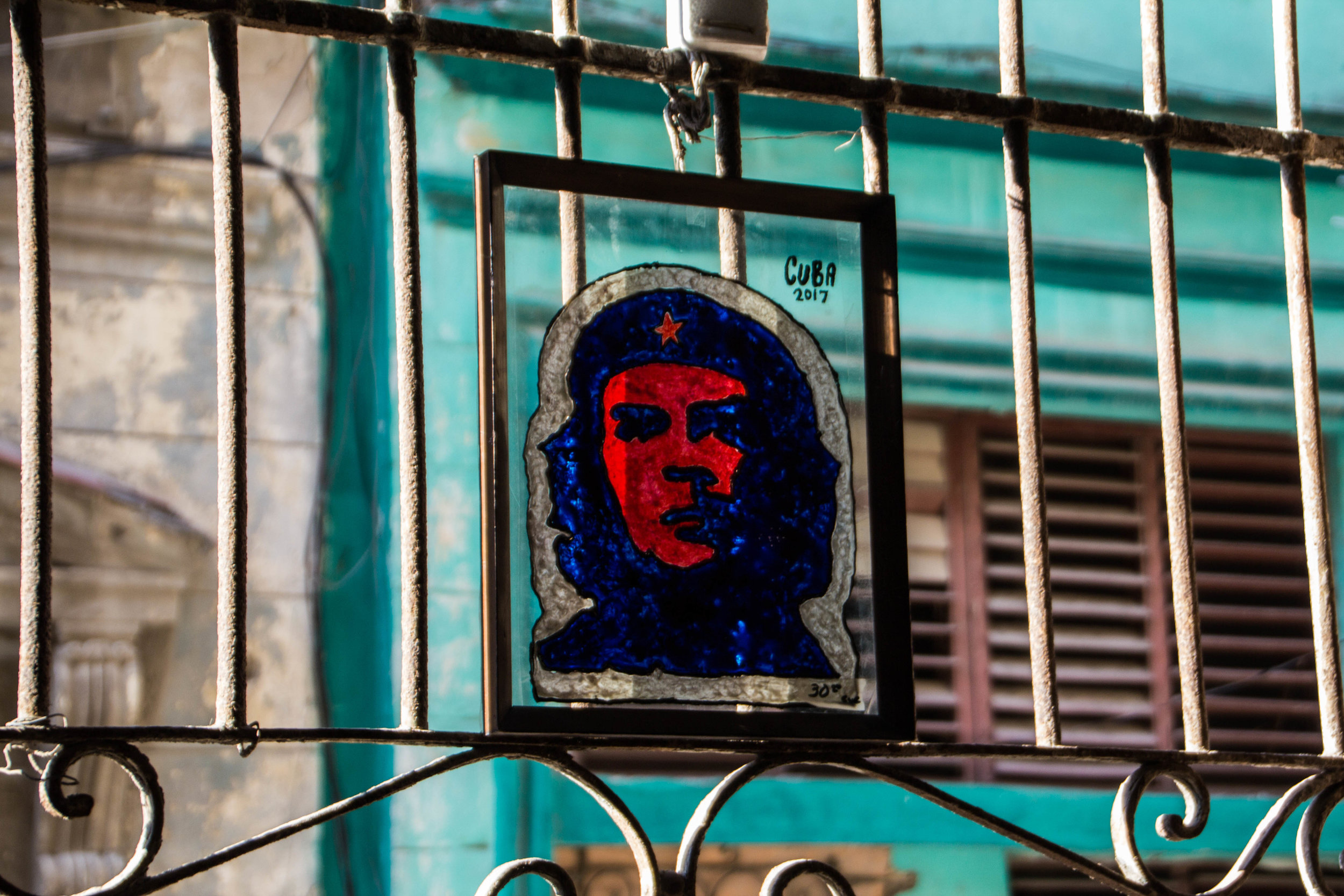Madison is the second largest city in the state of Wisconsin, behind Milwaukee. Although it has a population of about 253,000, its metropolitan area is closer to half a million. It's also the capital city of Wisconsin and the home of the University of Wisconsin's main campus. UW is actually a massive university, so it is absolutely defining to the topography of this city—Madison is largely a college town. However, there's quite a bit more going on here than just Badgers games.
In Boston, things move fast. The city is lively, dynamic, and ever-changing. However, there are some pieces of the Bostonian puzzle that are quintessential, and eternal. No matter what's going on around them, somehow, they never seem to change.
Today I'm going to single out a couple of those places: Bay Bay and Beacon Hill.
The time has finally come. It's time to talk politics. But before that, I'm going to take 2 minutes to make sure that everybody is up to speed on the Cuban Revolution.
The Cuban Revolution was one of the most unlikely success stories in modern history. Although fighting had been going on intermittently since 1953, it wasn't until 1956 that Fidel Castro (you've heard of him, right?) and 80 of his fellow rebels sailed a small yacht called the Granma from Veracruz, Mexico, back to their home country of Cuba...
Something like 90% of all tobacco in Cuba comes from the Pinar del Río province, and Viñales is the cultural center of this province. That means that, if you have ever had the pleasure of smoking a Cuban cigar, this is (probably) where it came from. But Viñales has a lot more to offer than just agriculture; it's also a UNESCO World Heritage site, as well as a national park in Cuba.
Matanzas is a small sea-side city that sits 56 miles (or 90 kilometers) east of Havana, on Cuba's northern coast. It's located in the Bay of Matanzas and is the capital of a province that is also called Matanzas, and it was definitely one of my favorite places in Cuba.
We arrived in Matanzas via camione, and then our adventure began...
Spoiler alert: this was one of my favorite places that we visited during our time in Cuba.
It was the culture and the politics that originally drew me to Cuba, but that didn't mean there was no time for relaxation. If you've already read Peter's Guide To Traveling To Cuba As An American, you know that relaxation is not *technically* even allowed for Americans in Cuba... but we're punk rockers and we broke the rules. Cuba has some of the Caribbean's most pristine beaches, so we decided to take a couple days to enjoy them.
A unique set of geo-political circumstances dating back more than half a millennium have made Havana, Cuba into one of the most unique cities on this planet. To fully understand Havana as it is today, you'll need to brush up on your history, but the most recent development is that U.S. and Cuba have taken meaningful steps towards deescalation. And as of August 2016, Americans like me can legally visit Cuba—so that's exactly what I did. And one of the first things I learned is that internet is tough to find in Havana. That means that you won't be able to re-read this article once you land, so you might want to take some notes. ✍️
Landing in Havana was, in some ways, surreal for me. This city had been cloaked political taboo for so long that it occupied a mostly theoretical space in my mind. Seeing rural Cuba fly by as we made our landing in Jose Martí Airport removed this cloak quickly and unceremoniously. Despite all the build-up this trip had had, all I could think about was how surreal it was to finally be in this country.
“Cuba. Here it is. It’s real. And I’m in it.”
After decades of harsh political rhetoric, assassination attempts, international crises, violent incidents, and economic sanctions, the American and Cuban governments have taken the first step towards making nice. The first direct international flight from the U.S. to Cuba touched down in August of 2016 so, for Americans, Cuba is now open for business!
Er, well, sort of.
I've been itching to travel here for too long, and now that America has normalized relations with this little Latin American jewel, I don't have much time left. Things in Cuba are going to change as American tourist dollars begin flowing in. I'm hoping to catch a glimpse of the old Cuba, or whatever is left of it, before the age of globalization is fully realized. In America, talking about travel to Cuba often garners some raised eyebrows. Cuba and America haven't gotten along very well in the past 60 years, and that's putting it mildly. Cuba has long been considered a mortal enemy of the U.S., but aside from a few bullet points about the Cuban Missile Crisis and the Bay of Pigs, how much do you ACTUALLY know about the history here? Be honest.











